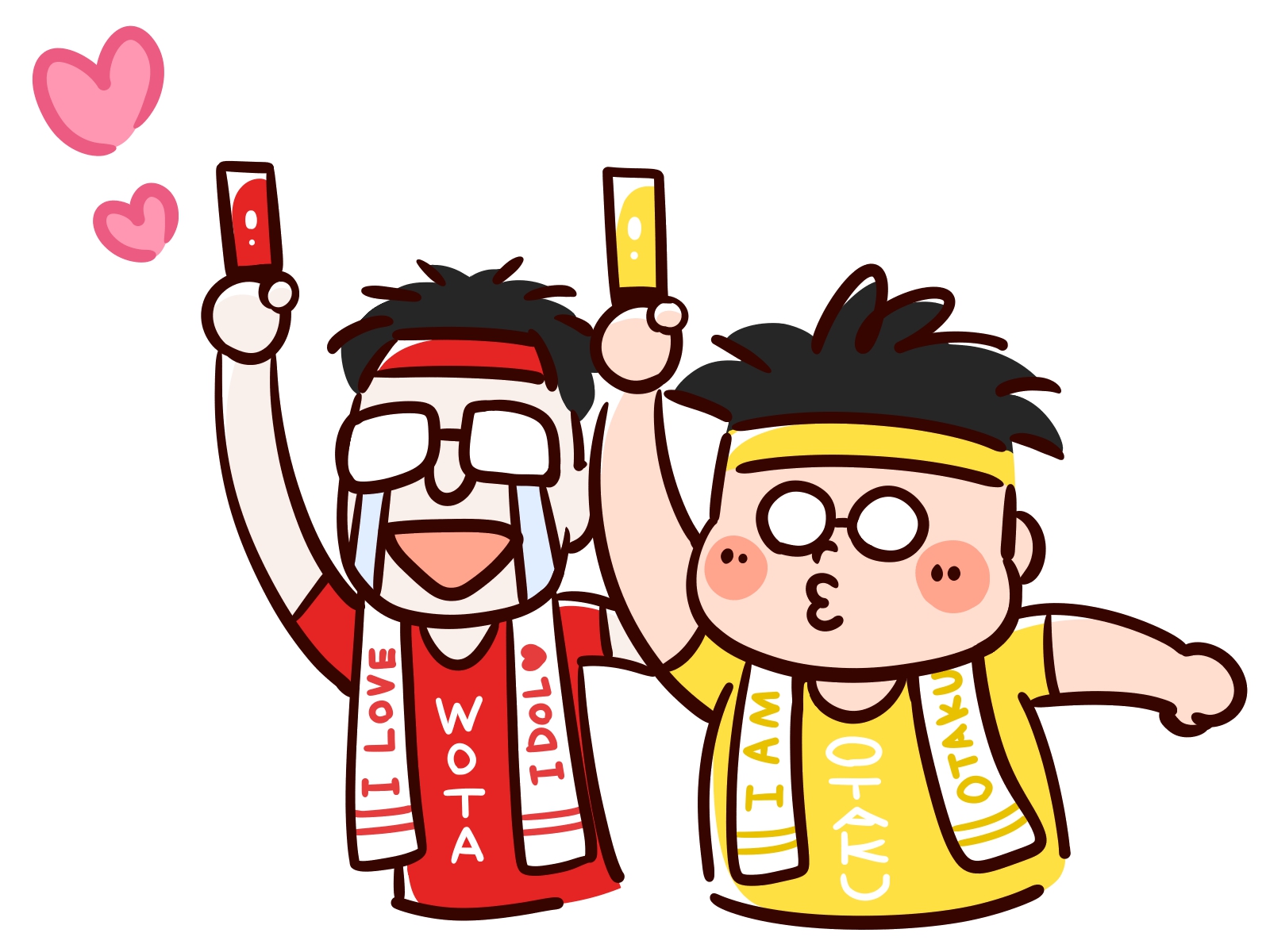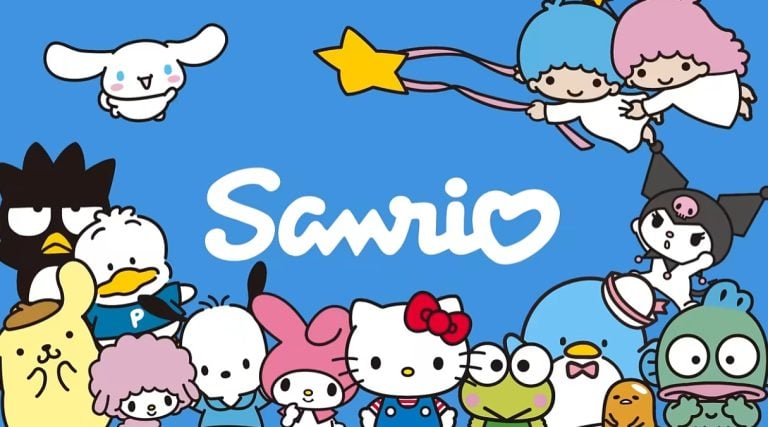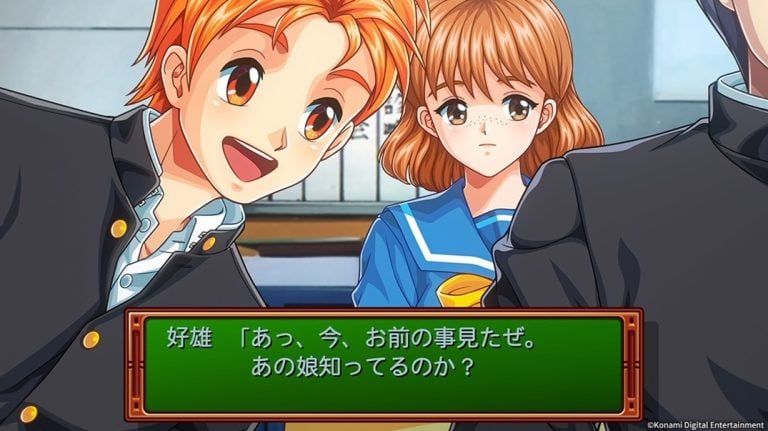An analysis of the evolution of the Japanese word “otaku” has recently caught the attention of users, who were surprised at the degree to which the word’s connotation has changed with time. The analysis was done in a lesson as part of a program to get elementary and middle school-aged students in Japan interested in the study of language and linguistics, and consisted of students analyzing different definitions of the word “otaku” in dictionaries. The positive direction in which the term has evolved was received favourably by many, but at the same time, those who identify with the previous definition of the word don’t seem keen on welcoming the change.
The topic was brought to the attention of the public when an X (formerly Twitter) user shared a report of the mentioned language lesson, commenting. “Wow!!! This clearly shows how the image of the word “otaku” has been completely transformed. And from the students’ reactions, it’s doubly amazing to see that the way the meaning listed in the dictionary has changed completely reflects this transformation.”
The lesson was conducted by Dr. Wakako Kashino, an editor of the eighth edition of the Iwanami Japanese dictionary, a Japanese dictionary significant for the way it tracks changes in the language in the past century. In the lesson, students read the definition of the word otaku from the dictionary’s previous, seventh edition. The seventh edition defined an otaku as “a person who isolates themselves in their narrow, hobby-oriented world and avoids social interaction with others.” Upon learning of the definition, the students were quite surprised and many appeared to be a bit disappointed learning of the negative connotations attributed to the term. Next, the students compared the definition to the dictionary’s latest, eighth edition’s description, which defines an otaku as “a person who deeply loves a specific hobby field, possesses and collects knowledge or items related to that field, and takes actions beyond the average.’ According to the report, the students were vocally more enthusiastic and receptive to the newer definition.
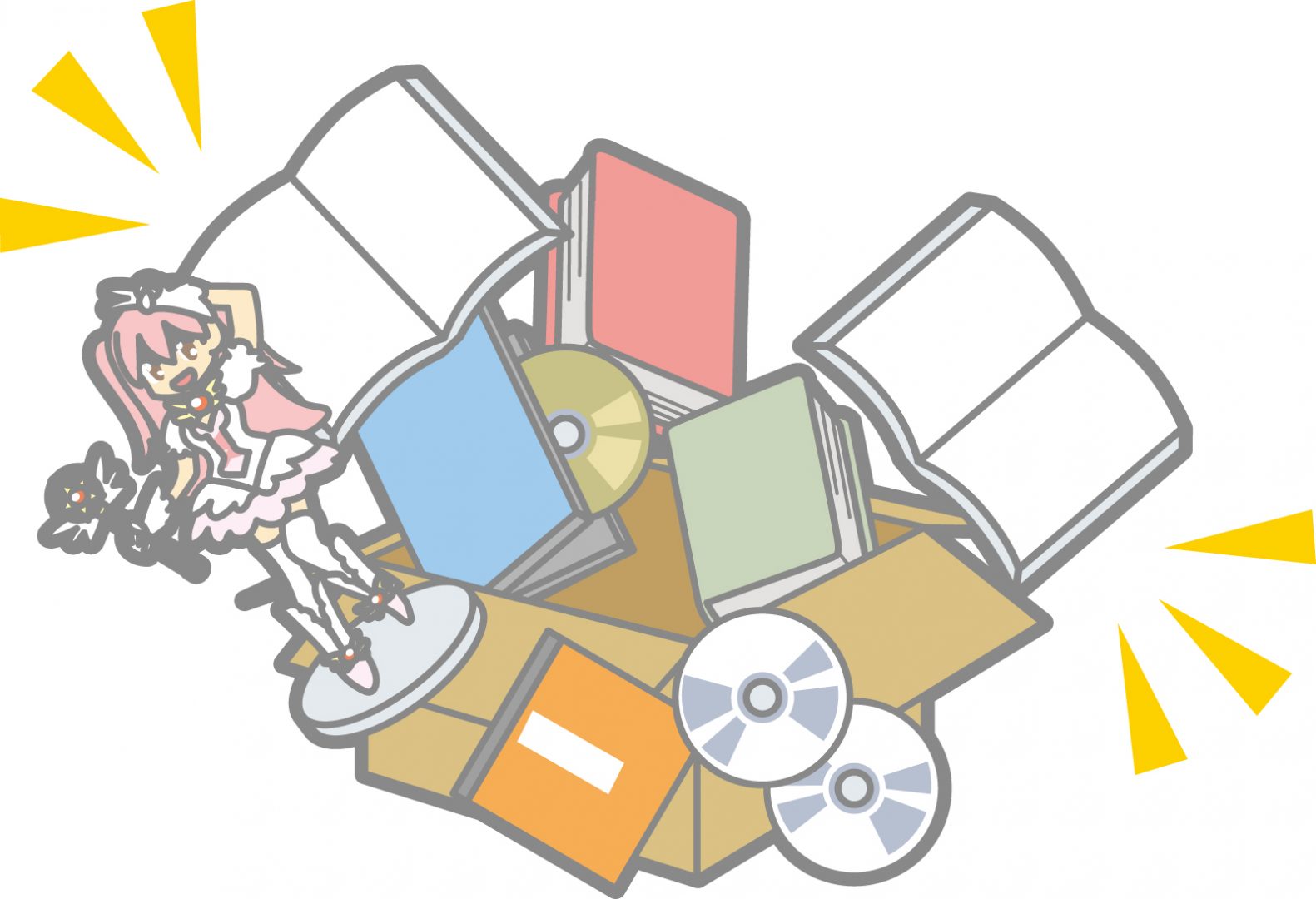
The seventh edition’s definition seemed to portray the nature of otaku in a negative light, focusing on reclusiveness and unsociable behavior, whereas the latest definition appears to reflect a significantly more positive perception, emphasizing passion and devotion. Many online users were surprised to find the definition of the term had changed so significantly. One user commented, ”Otaku. I get the impression this term has completely changed in the past 15 to 20 years. I also think it’s quite rare to see a word change its meaning so quickly within such a short span of time like this.” The seventh edition dictionary was published in 2011, and the current eighth edition was released in 2019. It seems that the image of the otaku may be changing for some in recent years. Another user posts “I’m so glad the world has become a place where it’s no longer embarrassing to openly admit to being an otaku.”
Otaku individuals have often been stereotyped as reclusive and hyperfixated on their respective interests. Additionally, the stereotypical physical image of otaku may not be much better, generally being described as ‘unkempt’. Whether this image has truly disappeared may be up for question as even earlier this year, in an otaku-targeted dating app’s advertisements, the AI generated images of the male otaku seemed to fall in line with stereotypical depictions (Related Article).
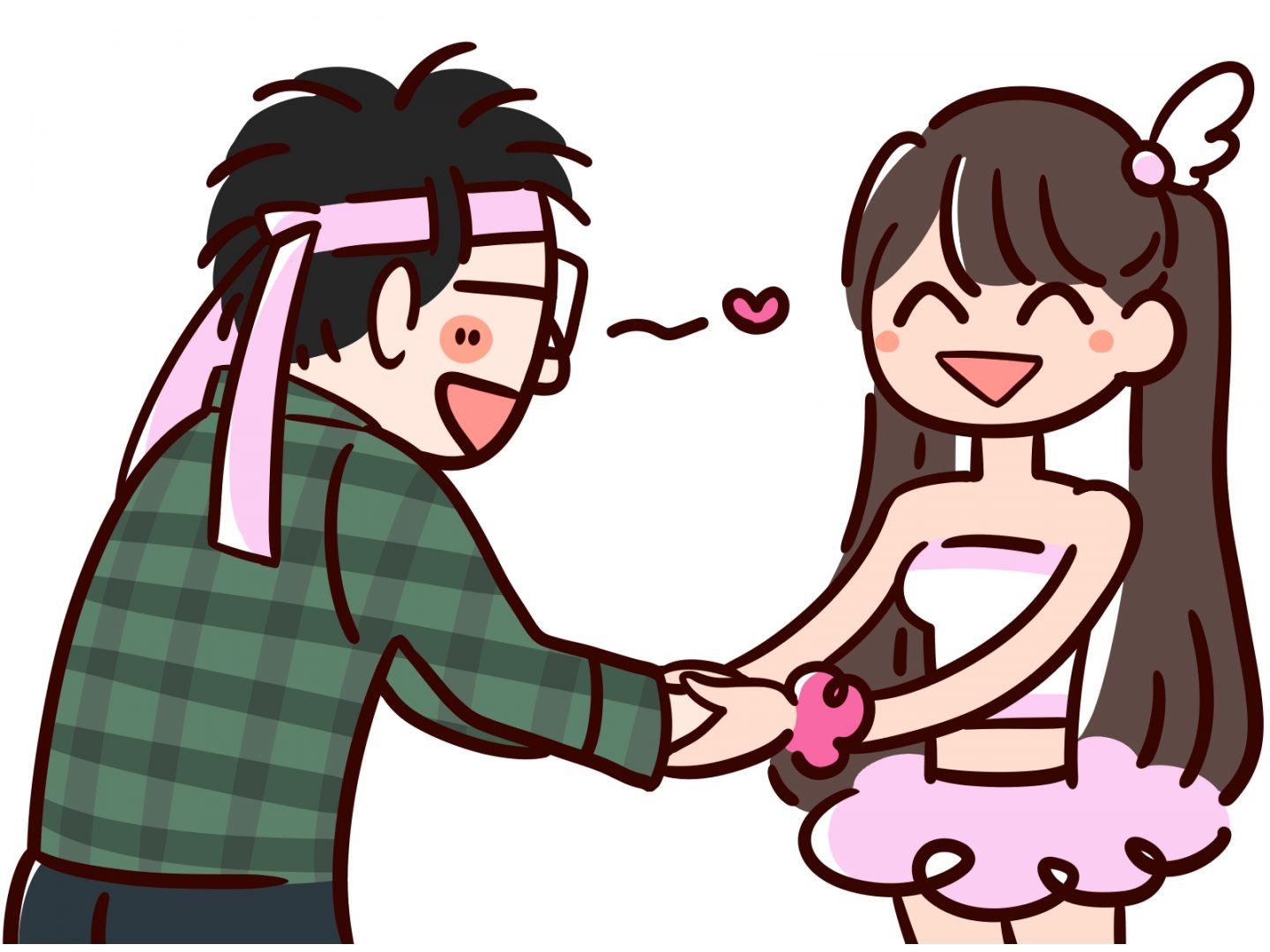
While the new definition of otaku may be a more positive one, some users questioned whether the description accurately defines what being an otaku is all about. One user commented “When it becomes too positive, it becomes difficult to use ‘otaku’ as self-deprecating humor, haha”. Another user stated “Everyone is a seventh edition otaku.” Additionally, many other users posted that they might have to stop calling themselves otaku because of its new meaning. It seems that some otaku who identified more with the previous definition of the term may feel a loss of identity with its current definition, as one self-proclaimed otaku user commented, “I wish that otaku would remain as introverts…” Other users questioned what would become of those who identified more with the old definition, as one user questioned, “Then, what should the original otaku be called?”
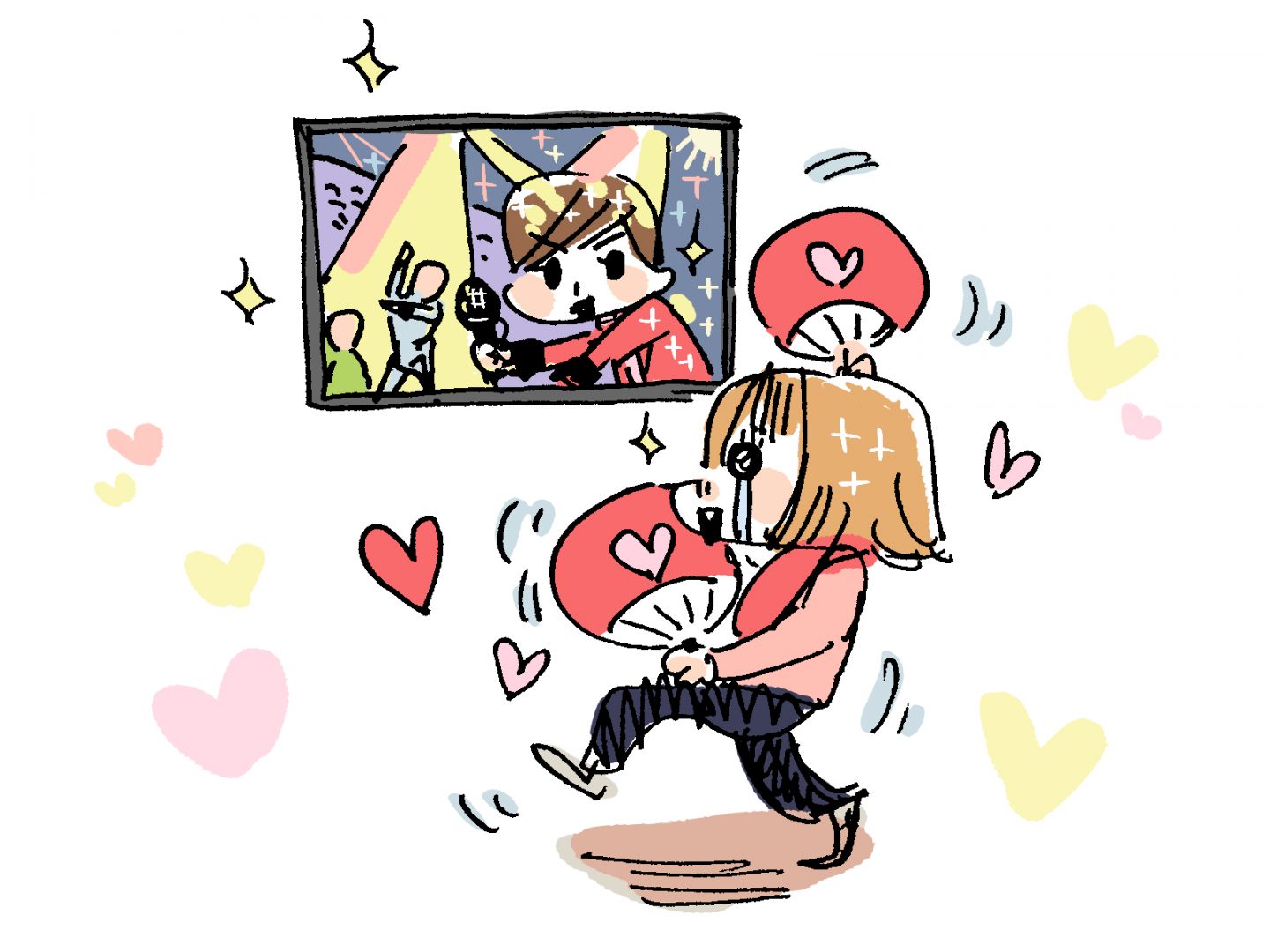
Individuals who identified as otaku of either version, new or old, seemed to have viewed the dictionary’s current definition as a relatively more positive depiction. Although otaku as a word may be losing it’s negative meaning and becoming more mainstream, new terms have popped up as its close replacements, such as inkyara, which is used to describe introverted, gloomy individuals (as opposed to youkyara, the extroverted “normies”) and even terms such as chi-gyu (lit. cheese beef bowl), originating from a Japanese meme of an otaku-esque man ordering cheesy fast food. Words evolving with the times may be inevitable as society and its views are ever-changing. With the addition of the internet quickening the rate words gain and lose their meanings, it’s possible that otaku could have a whole new image in another eight years.

